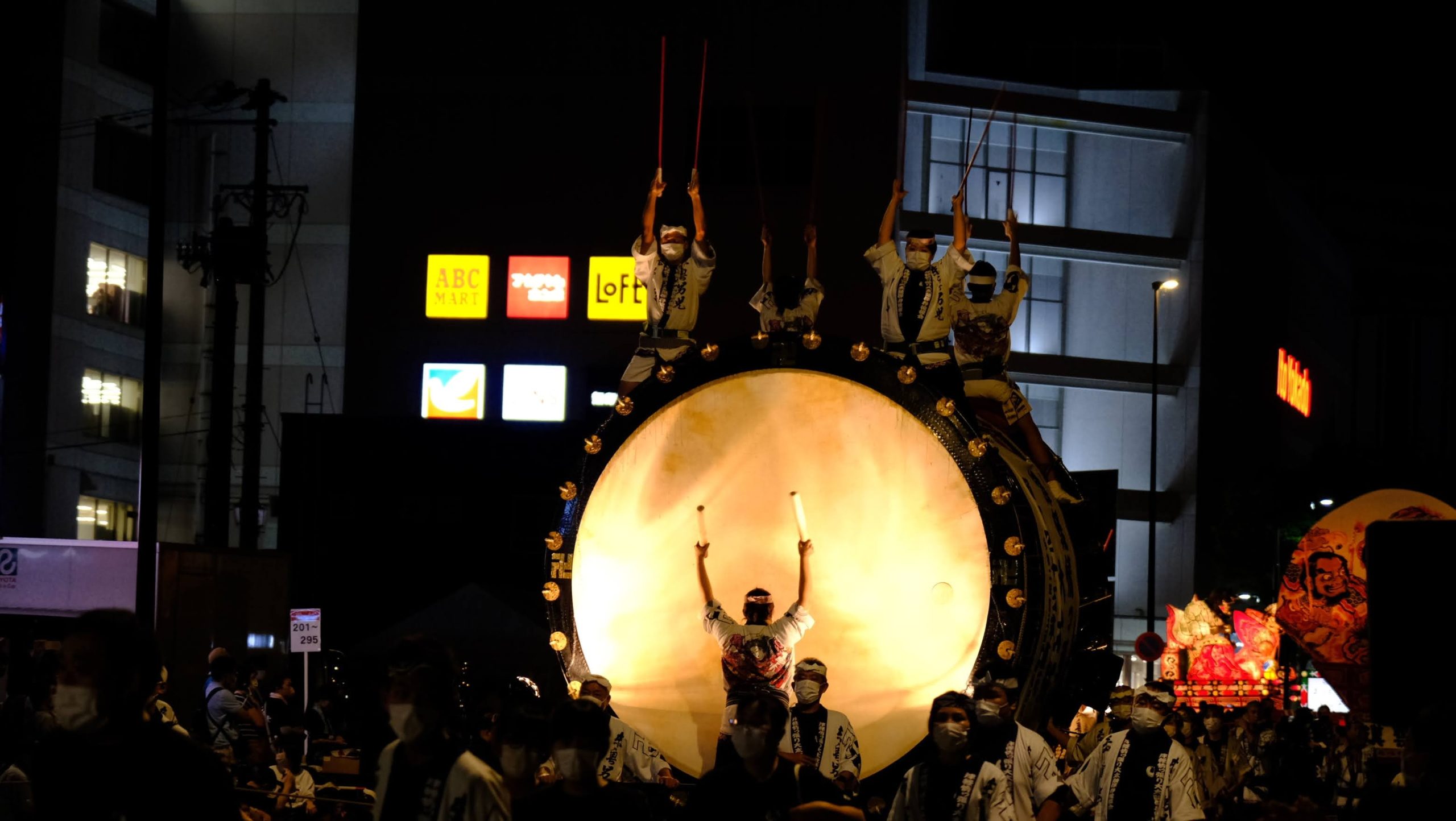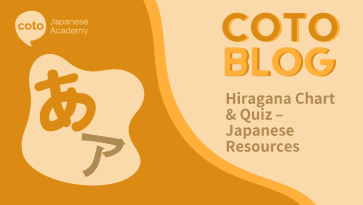
| Japanese | Romaji | English | Usage/Context |
| おはよう | Ohayou | Good morning | Kickstart your chat with a friendly morning greeting. |
| 元気? | Genki? | How are you? | A classic way to ask how your friend is doing. |
| 最近、何か面白いことあった? | Saikin, nanka omoshiroi koto atta? | Anything interesting happening lately? | Starting the conversation |
| いや~ | Iya~ | Nah~ | A casual way to express a laid-back “no” or to start a story. |
| マジ! | Maji! | No way!/Seriously? | Inject some excitement or disbelief into the conversation. |
| ウケル~ | Ukeru~ | That’s hilarious! / LOL | Show appreciation for a funny anecdote. |
| いいよ! | Ii yo! | Sure! | Express agreement or enthusiasm. |
| じゃあ | Jaa | So, | Transition smoothly into suggesting or planning something. |
| はいはい | Hai hai | Sure, sure | A casual agreement to wrap up the conversation. |
| ありがとう | Arigatou | Thank you | Express gratitude. |
| ごめんね | Gomen ne | Sorry / My apologies | Apologize for something. |
| なんで | Nande | Why | Ask the reason behind something. |
| わかる | Wakaru | I understand | Confirming understanding. |
| すご(い) / すげー | Sugo(i) / Sugee | Amazing / Incredible (Casual) | Express awe or admiration. |
| ねえ | Nee | Hey/ Yeah?/ Right? | Used to seek agreement or attention. |
| お疲れ | Otsukare | Good job / Thank you for your hard work | Acknowledge someone’s effort or work. |
| なんでやねん | Nande yane | What’s going on? / What the heck? | Express confusion or disbelief. |
| 大丈夫 | Daijoubu | It’s okay / I’m fine | Confirm that everything is fine. |
| ほんと | Honto | Really / Seriously | Express sincerity or surprise. |
| うるさい | Urusai | Shut up / You’re noisy | Complain about noise. |
| やば(い) | Yabai | Risky / Dangerous / Awesome / Woah | Express amazement, danger, or excitement. |
| あいつ | Aitsu | That guy / That person (Casual) | Refer to someone in a casual or sometimes dismissive way. |
Test Your Ability! Japanese Informal Phrases
1. What does “おはよう” (Ohayou) mean in English?
- A. Hello
- B. Good morning
- C. Thank you
2. How would you say “How are you?” in Japanese?
- A. こんにちは (Konnichiwa)
- B. ごめんね (Gomen ne)
- C. 元気? (Genki?)
3. What’s the English translation of “ウケル~” (Ukeru~)?
- A. Seriously?
- B. LOL / That’s hilarious!
- C. Why
4. When might you use the expression “いいよ!” (Ii yo!)?
- A. To apologize
- B. To express agreement or enthusiasm
- C. To say goodbye
5. Which phrase can be used to express disbelief or excitement?
- A. すごい (Sugoi)
- B. ありがとう (Arigatou)
- C. なんで (Nande)
6. What does “やば(い)” (Yabai) mean?
- A. Okay
- B. Risky / Dangerous / Awesome / Woah
- C. Shut up
7. How would you apologize for something in Japanese?
- A. ありがとう (Arigatou)
- B. ごめんね (Gomen ne)
- C. なんでやねん (Nande yane)
8. What’s the romaji for “いや~” (Iya~)?
- A. Ii yo!
- B. Nah~
- C. So,
9. Translate “ほんと” (Honto) to English.
- A. Seriously
- B. Good job
- C. Hello
10. Which phrase is used to acknowledge someone’s effort or work?
- A. ありがとう (Arigatou)
- B. お疲れ (Otsukare)
- C. すごい (Sugoi)
Answers For The Quiz
- B. Good morning
- C. 元気? (Genki?)
- B. LOL / That’s hilarious!
- B. To express agreement or enthusiasm
- A. すごい (Sugoi)
- B. Risky / Dangerous / Awesome / Woah
- B. ごめんね (Gomen ne)
- B. Nah~
- A. Seriously
- B. お疲れ (Otsukare)
Remember that the appropriateness of slang and casual phrases depends on the context and your relationship with the person you’re talking to. It’s generally best to use these in informal settings and with friends. Additionally, the pronunciation and nuance of slang can vary by region, so some expressions might be more commonly used in certain areas of Japan.
Now armed with these phrases, go ahead and dive into the world of casual Japanese conversations! Whether you’re navigating karaoke mishaps or planning your next hangout, these expressions will add a touch of authenticity to your language exchange.


















